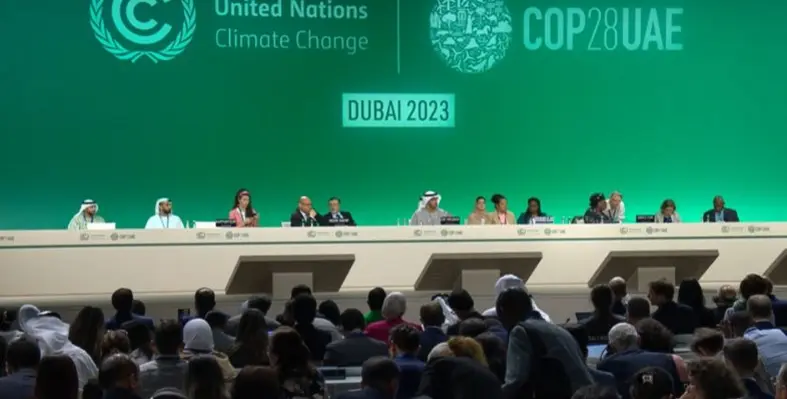The COP28, which concluded on 13 December this year, saw member states grow one step closer to protecting the environment
For the first time, there were strong talks about phasing out fossil fuels, as compared to the earlier language, which focused on merely phasing them down. The conference reached a landmark deal to ‘transition away’ from fossil fuels. This is despite the adopted text not mentioning the phrase "phase out".
“This outcome is really historic: the COP28 decided on the transition away from fossil fuels and towards renewables and energy efficiency. Nuclear energy also has its place. The adopted text does not mention the word ‘phase-out’, but it is a ‘phase-out’ of fossil fuels. I expect the stocks of renewables, energy efficiency and nuclear energy to go up. Great work by the EU team around Commissioner Hoekstra.”, said Peter Liese (EPP, DE), chair of the European Parliament delegation.
Apart from this, the conference reached a consensus on renewable energy, where more than 130 countries agreed to triple renewable energy capacity by 2030. They also agreed to double energy efficiency during the same time period. These countries together account for 40% of global carbon dioxide (CO2) emissions from fossil fuel combustion, 37% of total global energy demand and 56% of global GDP, according to the IEA.
In addition to the potential impact of those pledges, the IEA assessed what the effect would be of the full implementation of the methane pledge of the Oil and Gas Decarbonisation Charter, which is to zero-out methane emissions and eliminate routine flaring by 2030. The 50 companies that have signed up to it account for about 40% of global oil production and 35% of combined oil and gas production.
IEA analysis shows that the full delivery on these pledges – covering renewables, efficiency and methane/flaring – by the current signatories would result in global energy-related greenhouse gas emissions in 2030 being around 4 gigatonnes of CO2 equivalent lower than would be expected without them.
This reduction in 2030 emissions represents only around 30% of the emissions gap that needs to be bridged to get the world on a pathway compatible with limiting global warming to 1.5 C, the IEA added.
While the COP28 text does not give a strong recommendation on phasing down coal, it however asks member states to accelerate zero and low emissions technologies, and to rapidly increase the growth of EVs.









